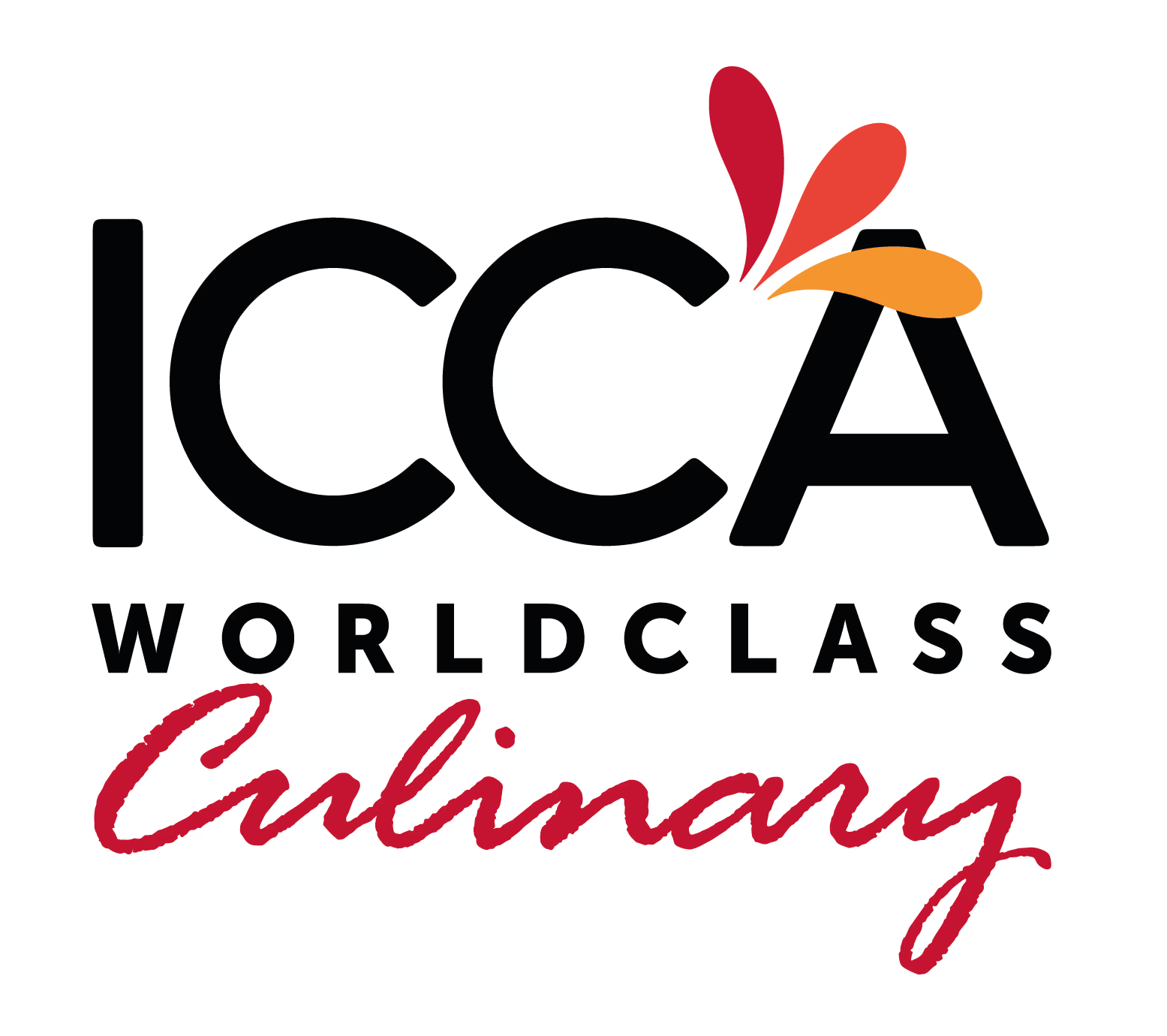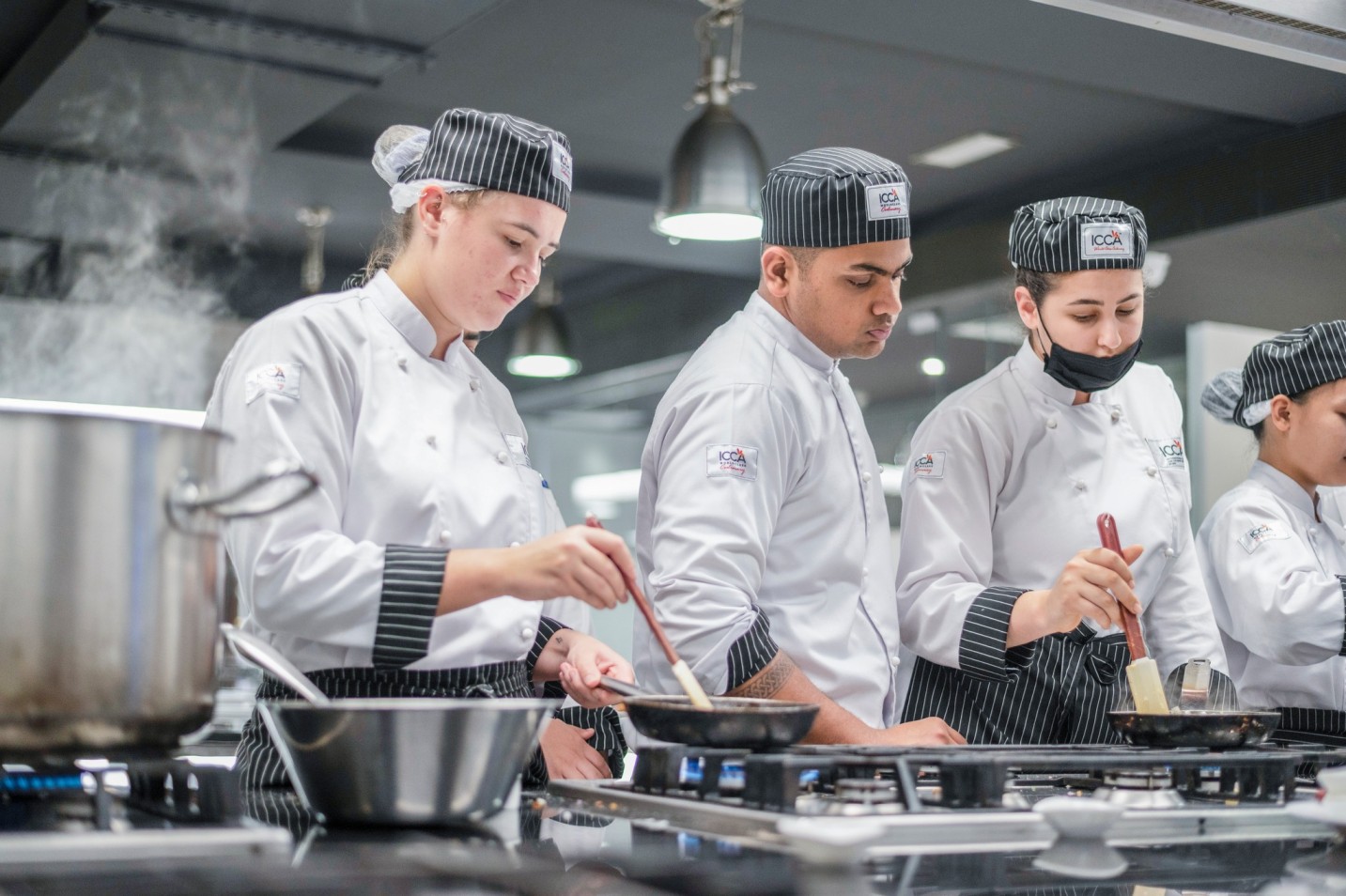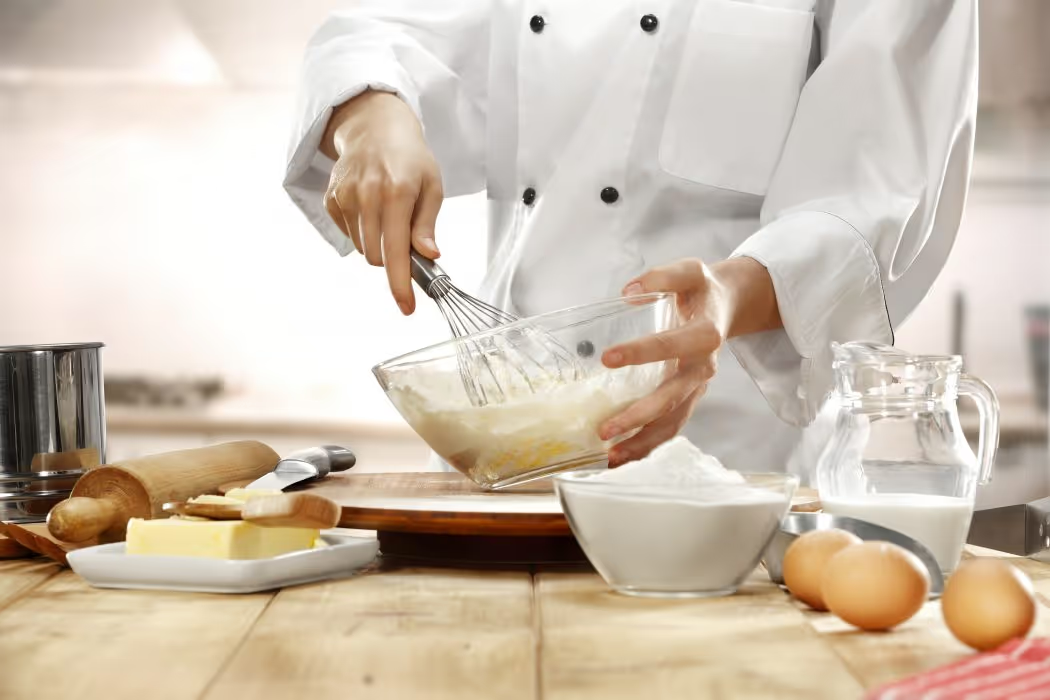Kitchen hygiene and food safety play a key role that impacts not only the reputation of the hotel/ restaurant but also the health of its loyal patrons. One of the main requisites to ensure Food Safety and Kitchen Hygiene is to have strong and efficient Standard Operating Procedures in place and then an equally impeccably trained staff to follow and carry out those procedures in all earnest.
Why Kitchen Hygiene Matters
Good hygiene is more than just wiping down counters or sweeping the floor. It’s a comprehensive system of best practices designed to minimize the risks of contamination, foodborne illnesses, and allergen hazards. It means:
- Knowing and maintaining proper food storage temperatures.
- Practicing regular hand washing and sanitizing.
- Preventing cross-contamination by using separate utensils for raw and cooked foods.
- Keeping equipment and workstations immaculately clean.
- Proper waste disposal and pest control.
Beyond the visible practices, there’s a deep understanding required of how bacteria spread, how long certain foods can be left at room temperature, and how improper food handling can jeopardize health.
HACCP (Hazard Analysis and Critical Control Points) certification is often the gold standard for culinary professionals. It provides structured guidelines to help identify and control potential hazards in food production. But here’s the truth: having a certification on the wall is not enough. What truly safeguards diners is a team of trained culinary professionals who practice these protocols every single day with intention and care.
Where Does This Training Start? A Culture Built from Day One
No chef earns their whites without mastering the basics—and in the culinary world, cleanliness is as foundational as flavor. Before any student learns to flambé a sauce or bake the perfect croissant, they must understand how to create a safe, hygienic workspace. Because in a professional kitchen, safety isn't an afterthought—it's step one.
That’s why leading culinary schools like ICCA Dubai place such a strong emphasis on food safety from the very beginning. Their approach reflects how real kitchens operate, where hygiene protocols are not just requirements but second nature. Students are immersed in environments that mirror professional settings, developing habits that will stay with them throughout their careers.
Whether it’s understanding the science behind bacterial growth or learning the correct way to store ingredients, this foundation helps future chefs step into any kitchen—anywhere in the world—with confidence and accountability.
The training environment at ICCA replicates the experience of working in a professional kitchen. Every student follows industry-relevant safety standards as part of their routine. ICCA’s international accredited programs, combined with expert faculty guidance, prepare students for careers not just in the UAE but across the world.
As part of the Professional Diploma Program at ICCA Dubai, students receive dedicated training in HACCP principles and advanced kitchen hygiene standards—an essential module that equips them with globally recognized food safety qualifications. Whether you're aiming to run your own food venture or lead a professional kitchen, this component of the program ensures you're prepared to meet, and often exceed, industry benchmarks for safety and compliance.
More Than Clean: How ICCA Dubai Nurtures a Culture of Culinary Responsibility
In truly exceptional kitchens, hygiene goes far beyond surface-level sanitizing—it becomes second nature. It's there in the instinctive swipe of a cloth after plating, the careful way ingredients are handled, and the quiet pride taken in leaving a station spotless. Cleanliness isn’t just enforced; it’s embodied. It’s not about ticking boxes—it’s about taking ownership.
This level of care doesn't develop overnight. It’s built over time, through mentorship, repetition, and a deep understanding of what it means to work in a professional kitchen. For culinary students, this shift begins when they stop seeing hygiene as a rule to follow and start seeing it as a value to uphold—because food safety is just the beginning. It’s also about earning the trust of your team, your guests, and ultimately, your reputation.
At ICCA Dubai, this philosophy is seamlessly woven into everyday training. In practical sessions that mirror real kitchen environments, students aren’t simply told what to do—they’re shown why it matters. Clean stations become a shared responsibility. Proper handling becomes second nature. And as students grow, so does their respect for the systems that uphold world-class kitchens.
From the first day in class to advanced simulations during the Professional Diploma Program, ICCA helps shape culinary professionals who carry this culture of responsibility wherever they go. Want a glimpse of how these habits are built in real time? Explore ICCA’s immersive classrooms and see the future of hospitality unfold—one clean, conscious kitchen at a time.
The Future of Culinary Success Begins with Safety
Good food is expected. Safe food is essential. With increasing customer awareness and global food safety regulations becoming stricter, culinary professionals must bring more than skill to the table — they must bring accountability.
Whether you’re opening a new restaurant, managing a food service outlet, or launching your culinary career, the importance of robust kitchen hygiene practices cannot be overstated. And for those committed to pursuing culinary excellence, ICCA Dubai stands ready to equip you with both the skills and the mindset required to succeed.
Take the first step toward a rewarding culinary career with ICCA Dubai. Learn more about our internationally accredited culinary programs and how we can help you achieve success in the world of food and hospitality.
https://www.iccadubai.ae/culinary-programs/professional-diploma
Stay inspired, stay safe, and lead the way in culinary excellence.








